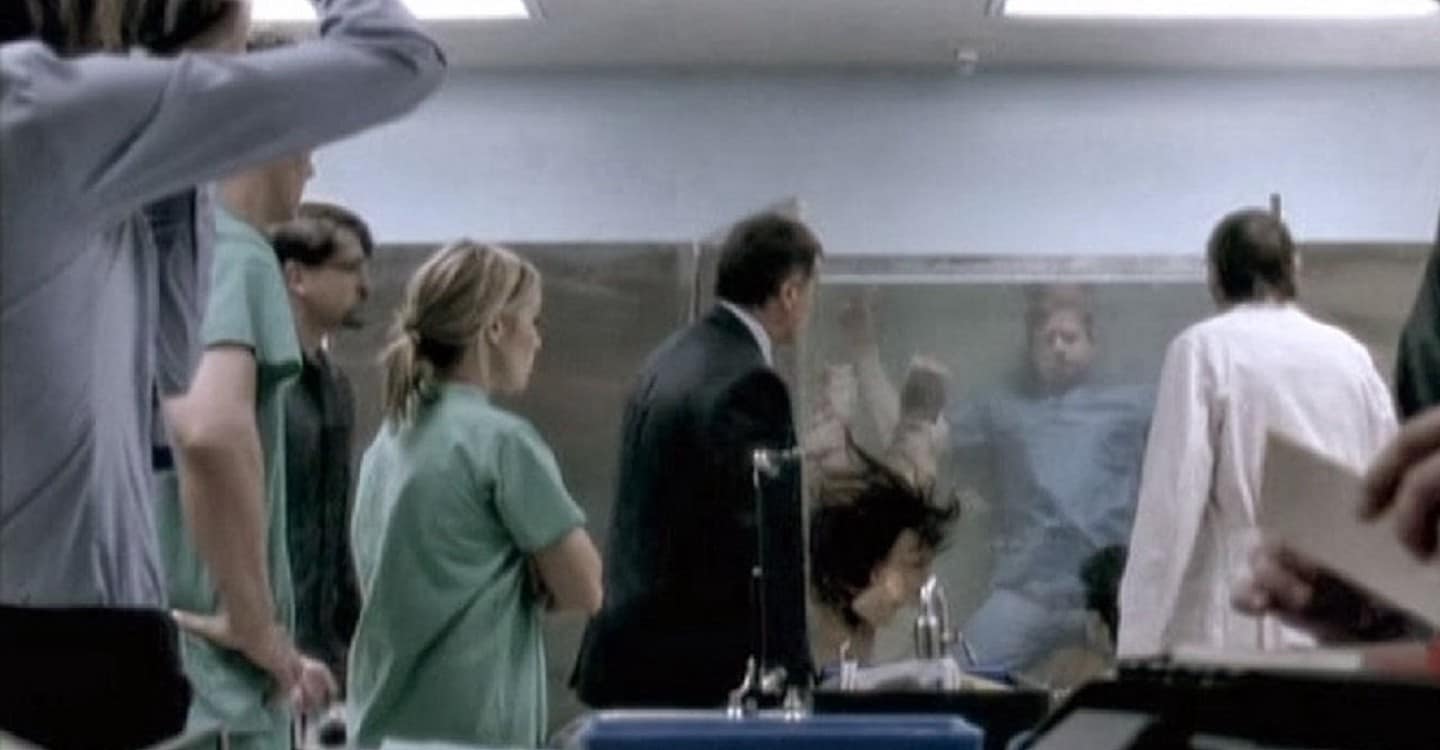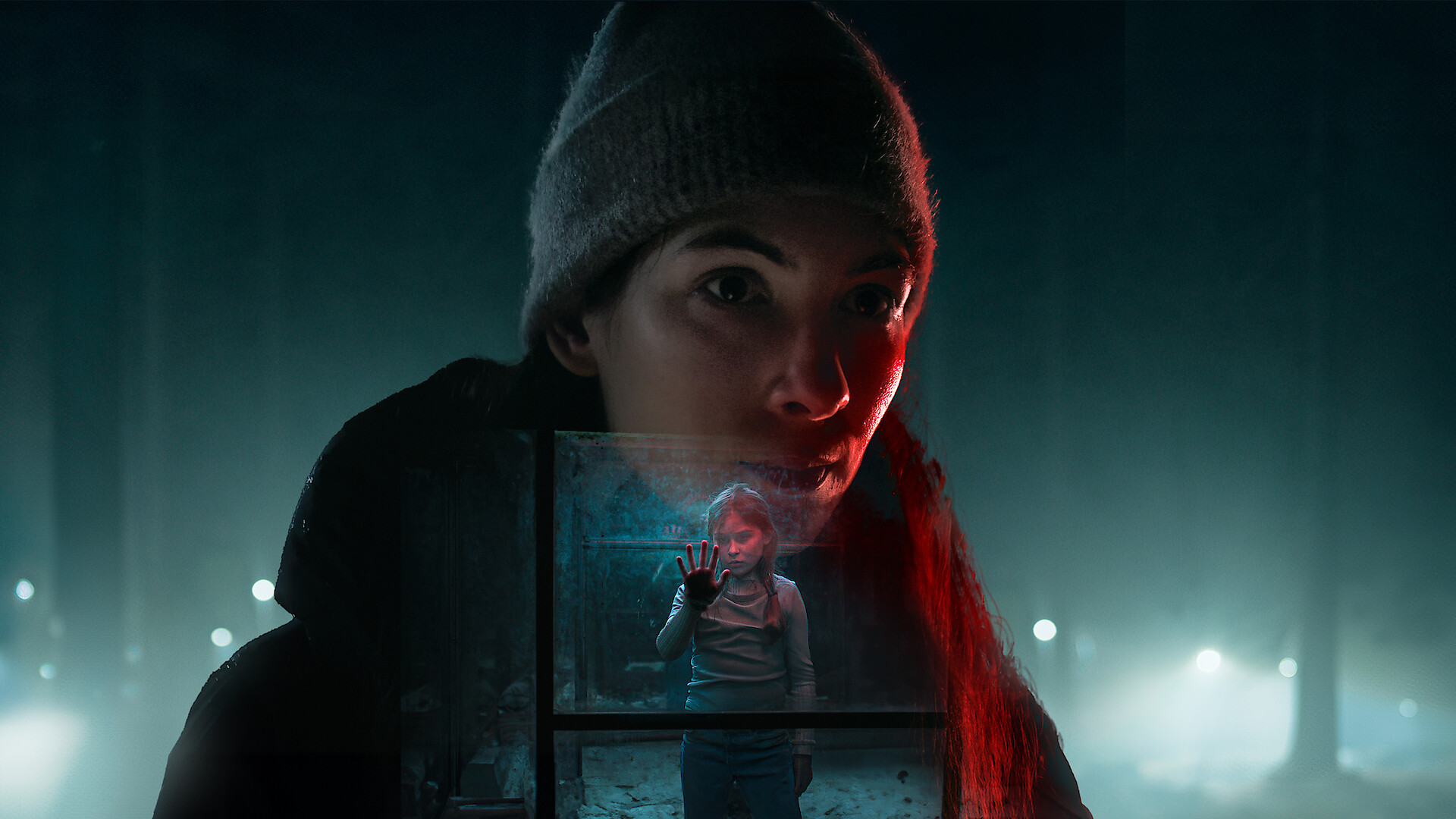is a tense, emotionally charged Irish drama written and directed by Mark O’Rowe in his directorial debut. Centered around two married couples living in suburban Dublin, the film delves into the fragility of relationships, the unpredictability of desire, and the deep loneliness that can exist within even the most seemingly stable lives. With strong performances and a script rich in emotional complexity, The Delinquent Season is a quietly devastating exploration of love, betrayal, and human vulnerability.
The film follows Jim (Cillian Murphy), a writer and father of two, who appears to live a comfortable life with his wife Danielle (Eva Birthistle). Their friends, Yvonne (Catherine Walker) and Chris (Andrew Scott), also seem to share a stable middle-class existence. However, this surface harmony quickly begins to unravel when Chris's erratic behavior at a dinner party hints at deeper issues in his marriage. It is later revealed that Chris is suffering from a terminal illness, which has placed an immense emotional and psychological strain on Yvonne.
As tensions rise within both marriages, boundaries begin to blur. After Chris is hospitalized, Jim and Yvonne, both feeling isolated and emotionally neglected, begin an intense and secretive affair. What starts as a moment of comfort and escape quickly escalates into a deeply complicated entanglement. The affair forces all four characters to confront their own dissatisfaction, fears, and unmet needs, leading to a quiet but powerful unraveling of their relationships and personal identities.

Cillian Murphy delivers a nuanced performance as Jim, a man torn between domestic responsibility and a yearning for connection. He portrays Jim with a subtle mix of guilt, longing, and selfishness, never allowing the character to become a simple villain or hero. Catherine Walker is equally compelling as Yvonne, a woman pushed to her limits by grief, frustration, and the slow dissolution of her life as she knew it. Andrew Scott and Eva Birthistle, though given less screen time, add depth and texture to the emotional landscape of the story.
The strength of The Delinquent Season lies in its writing. Mark O’Rowe’s script is intimate and sharply observed, filled with dialogue that feels both natural and emotionally loaded. The film avoids melodrama, opting instead for small, revealing moments — a look, a pause, a quiet confession — that speak volumes about the characters’ internal conflicts. The cinematography reflects the quiet suburban setting with a muted, almost claustrophobic tone, reinforcing the emotional constraints the characters feel in their daily lives.

While the pacing is deliberate and the story relatively small in scale, the film’s emotional intensity is undeniable. It doesn't offer easy answers or dramatic climaxes. Instead, it focuses on the quiet disintegration of connection, the consequences of unmet desires, and the emotional cost of infidelity and regret.
In conclusion, The Delinquent Season is a raw and thoughtful examination of love at its breaking point. With its strong performances and sharply written script, it captures the complexities of adult relationships in a way that is both deeply specific and universally relatable. It asks uncomfortable but necessary questions about what we owe to our partners and to ourselves when the illusion of happiness begins to fade.



